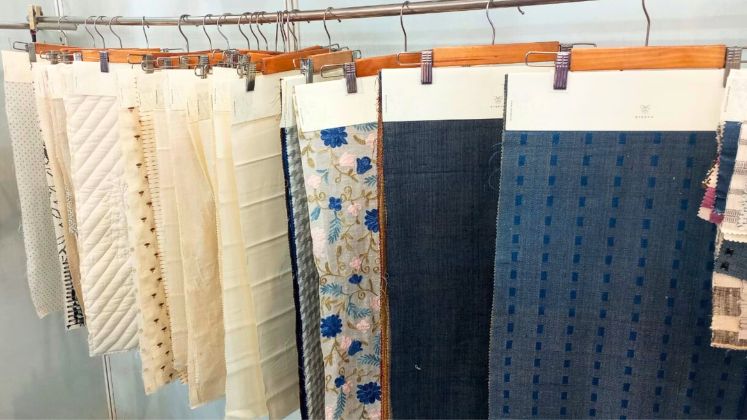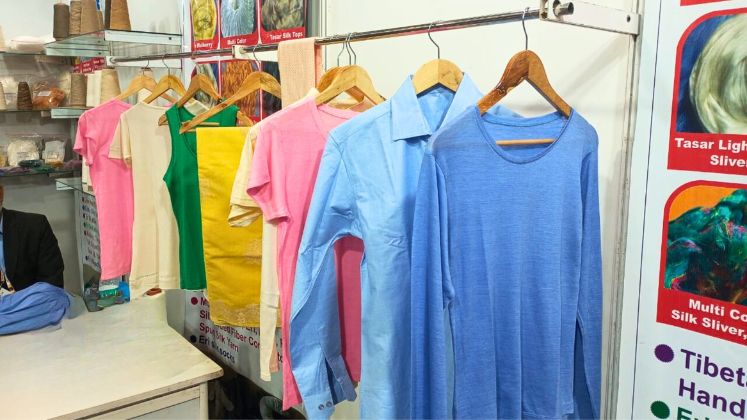
Innovation and a greater thrust on product development are among the tools needed to stay ahead in the market and a few such mid-level companies with a specific focus on Eri silk products are enjoying considerable growth focusing on these tools.
Apparel Resources had a brief discussion with two such interesting companies working in ‘remote areas’ that are not as famous as textile clusters.
Offering yarn to garments, Starling Silk Mills has introduced T-shirts in Eri silk. Such garments are said to have a greater level of comfort due to their inherent qualities including being lightweight and having a soft feel. The company is also working on various blends like Eri silk with linen.
“It took a lot of work and a significant expenditure in research and development to introduce these products. Our unit’s enormous capacity also enables us to guarantee hygienic and sustainable product production methods,” MA Rahaman, Director of the company told Apparel Resources.
The company, having its production facility at Baranagar in the Malda district of West Bengal, has also invested in 4 circular knitting machines.
The company also displayed its latest collection at a sourcing expo recently. It has various operations in Guwahati and Hyderabad. Rahaman has also witnessed that greater number of buyers are asking for sustainable products which is beneficial for the company’s growth.

Ereena, one of the pioneers in Eri silk-based products and offering handmade fabrics has also come up with the latest options in Eri fabrics including different types of prints like Ikat and digital printing and embroidery to mention a few.
Naga Bhushan, heading marketing and merchandising for the company stated, “As a result of the development and sustainable aspects of Eri fabrics, we have observed that more international consumers are increasingly showing interest in Eri silk-based goods, and this trend is only going to get better.”
It’s also important to note that certain consumers choose Eri silk because it’s environmentally friendly, having the lowest carbon footprint and doesn’t involve any animal slaughter during manufacture since the worms are not killed in the production.






